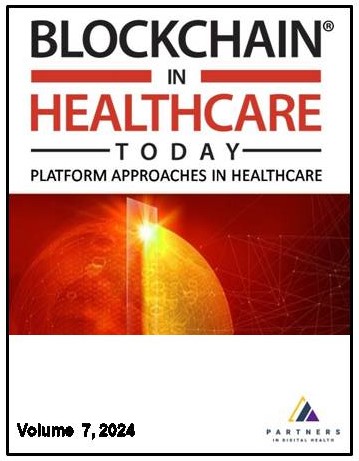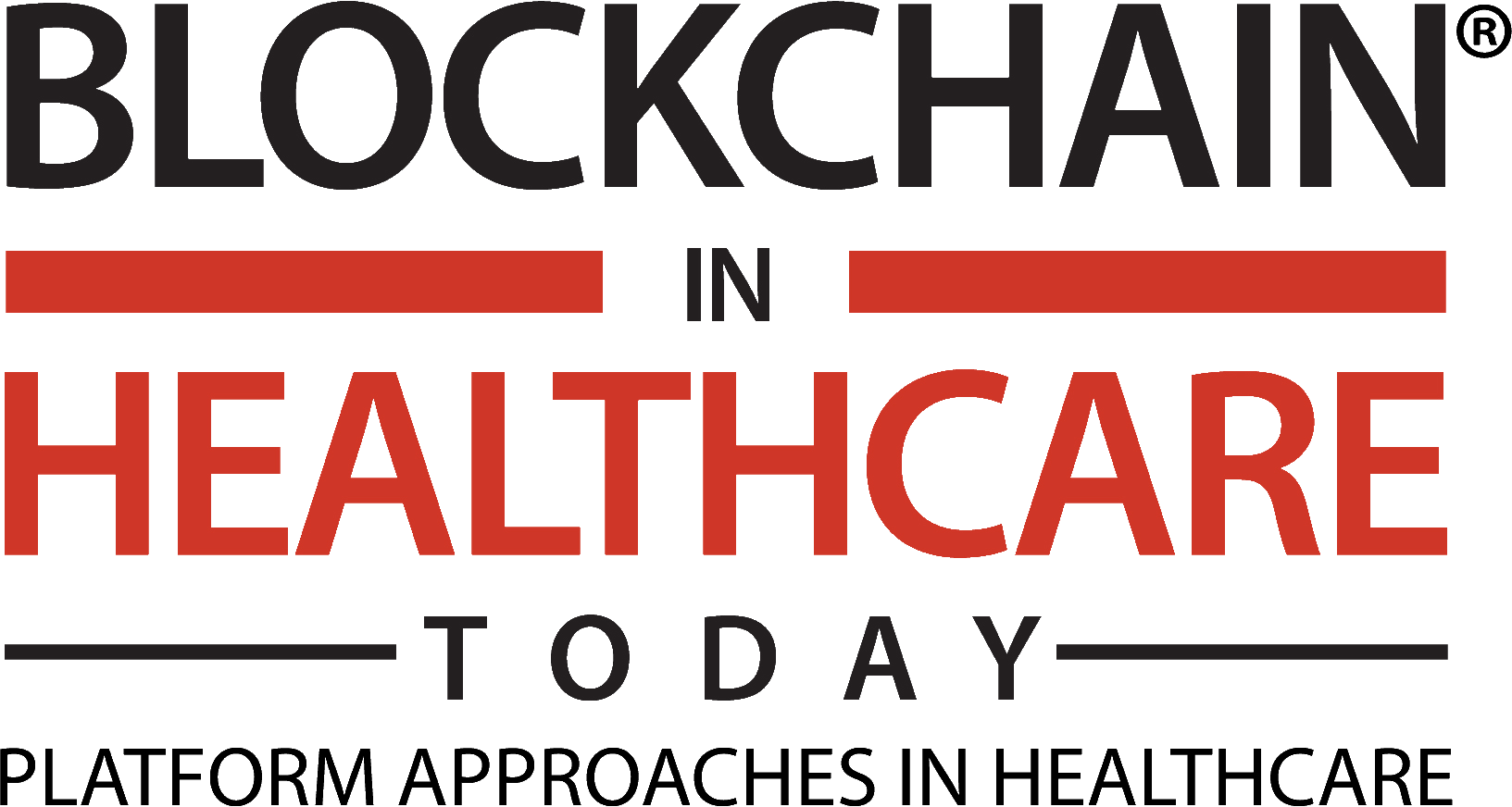Current issue

Volume 7, Issue 3, 2024
Online ISSN: 2573-8240
Volume 7 , Issue 3, (2024)
Published: 16.12.2024.
Open Access
Blockchain in Healthcare Today (BHTY) is the leading international open access journal that amplifies and disseminates platform approaches in healthcare and distributed ledger technology research and innovations. Fields of interest include healthcare information systems, leveraging data science tools and techniques, interoperability, consent mechanisms, privacy preservation, security of health data, clinical trials management, supply chain management, revenue cycle automation, immersive technologies, tokenomics, governance, regulation, network technologies, clinical computing, cryptography, and failed experiments in this expanding specialty field of research.
All issues
Contents
21.10.2022.
Discussion
Predictions for Blockchain in 2020
During our 2019 ConVerge2Xcelerate (ConV2X) conference in Boston, we focused on the theme "Proving Market Value with Pragmatic Innovation in Healthcare" (see https://conv2x-2019.eventcreate.com/). This year, along with BHTY editorial board members, conference speakers were invited to join with Tory Cenaj, Publisher of BHTY, to contribute their expertise and share insights for the near-term landscape of blockchain in healthcare.
George T. Mathew, Dennis A. Porto, Ron Ribitzky, Susan Ramonat, Uli C. Broedl, Kevin A. Clauson, Frank Ricotta, Tory Cenaj, Anh L. Ngo
04.01.2019.
Opinions/Perspectives/Point of View
Top 10 Blockchain Predictions for the (Near) Future of Healthcare
To review blockchain lessons learned in 2018 and near-future predictions for blockchain in healthcare, Blockchain in Healthcare Today (BHTY) asked the world's blockchain in healthcare experts to share their insights. Here, our internationally-renowned BHTY peer-review board discusses their major predictions.Based on their responses, presented in detail below, ten major themes (Table ) for the future of blockchain in healthcare will emerge over the 12 months. CORRIGENDUM: This following paragraph has been corrected (page 3, first paragraph) from: "Fourth, with over 1000 insurance companies in the country, filling out paperwork to documentprovider training and licensure is a nightmare. The Synaptic Health Alliance aims to simplifythis process by putting all credentialing information on a distributed public ledger for all stakeholders to access.1" To: "Fourth, keeping health care provider directories maintained by health plans up-to-date is a critical, complex issue facing organizations across the health care system. The first project of the Synaptic Health Alliance aims to simplify this process by putting provider demographic information on a permissioned blockchain for Alliance members to access and maintain.1"
John D Halamka, Gil Alterovitz, William J. Buchanan, Tory Cenaj, Kevin A. Clauson, Vikram Dhillon, Florence D. Hudson, Manouchehr (Mitch) Mokhtari, Dennis A. Porto, Ana Rutschman, Anh L. Ngo
23.03.2018.
Reviews
Leveraging Blockchain Technology to Enhance Supply Chain Management in Healthcare:
Background: Effective supply chain management is a challenge in every sector, but in healthcare there is added complexity and risk as a compromised supply chain in healthcare can directly impact patient safety and health outcomes. One potential solution for improving security, integrity, data provenance, and functionality of the health supply chain is blockchain technology. Objectives: Provide an overview of the opportunities and challenges associated with blockchain adoption and deployment for the health supply chain, with a focus on the pharmaceutical supply, medical device and supplies, Internet of Healthy Things (IoHT), and public health sectors. Methods: A narrative review was conducted of the academic literature, grey literature, and industry publications, in addition to identifying and characterizing select stakeholders engaged in exploring blockchain solutions for the health supply chain. Results: Critical challenges in protecting the integrity of the health supply chain appear well suited for adoption of blockchain technology. Use cases are emerging, including using blockchain to combat counterfeit medicines, securing medical devices, optimizing functionality of IoHT, and improving the public health supply chain. Despite these clear opportunities, most blockchain initiatives remain in proof-of-concept or pilot phase. Conclusion: Blockchain technology has the unrealized promise to help improve the health supply chain, but further study, evaluation and alignment with policy mechanisms is needed. Keywords: Blockchain, Distributed Ledger, Pharmacy, Pharmaceutical, Supply chain
Kevin A. Clauson, Elizabeth A. Breeden, Cameron Davidson, Timothy K. Mackey
